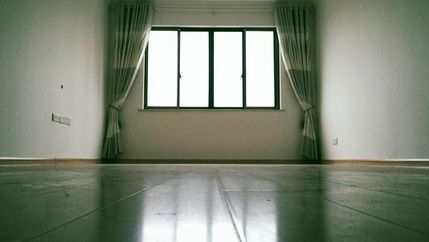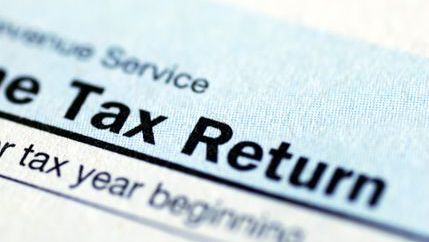
Changes brought in by the Levelling Up and Regeneration Act 2023 reduce the time before a property is considered an empty home from two years to one year, meaning that homes that have been empty for one year will be subject to a 100% council tax premium.
The Act also introduced a council tax premium of 100% for substantially furnished homes that are not someone’s sole or main residence, but because councils must determine at least one year in advance of introducing a second homes premium, the earliest a council can utilise the second homes premium is April 2025.
A range of exemptions will apply
Propertymark supports action to return long-term empty homes to the market, however, in our response to the consultation on this issue, we raised concerns that council tax premiums may hurt homeowners who want to bring a property back into use but are currently unable to do so. Therefore, we are pleased that there will be exceptions made in several situations.
Properties undergoing major repairs or structural alterations will have a 12-month exception from the empty homes’ premium rather than the 6-month exception proposed in the consultation. This increase responds to the view of Propertymark and others that major building works are generally likely to take a longer period to complete, and that applying a premium on a property that requires substantial refurbishment will make it much more difficult to be brought back into use.
Properties being actively marketed for sale or let will have a 12-month exception from the empty homes’ premium. This will provide protections for landlords whose rental property may become empty in between lets or have a gap between tenancy agreements. It also covers properties where an offer to rent has been accepted but the tenant is not yet entitled to occupy the property because the tenancy has not yet started. The exception can also be used where the sale is taking time to complete because it is part of a chain.
Inherited properties will have a 12-month exception after probate or letters of administration have been granted. Where there are cases that merit a longer exception period, or a higher level of discount, councils can continue to exercise their discretion.






